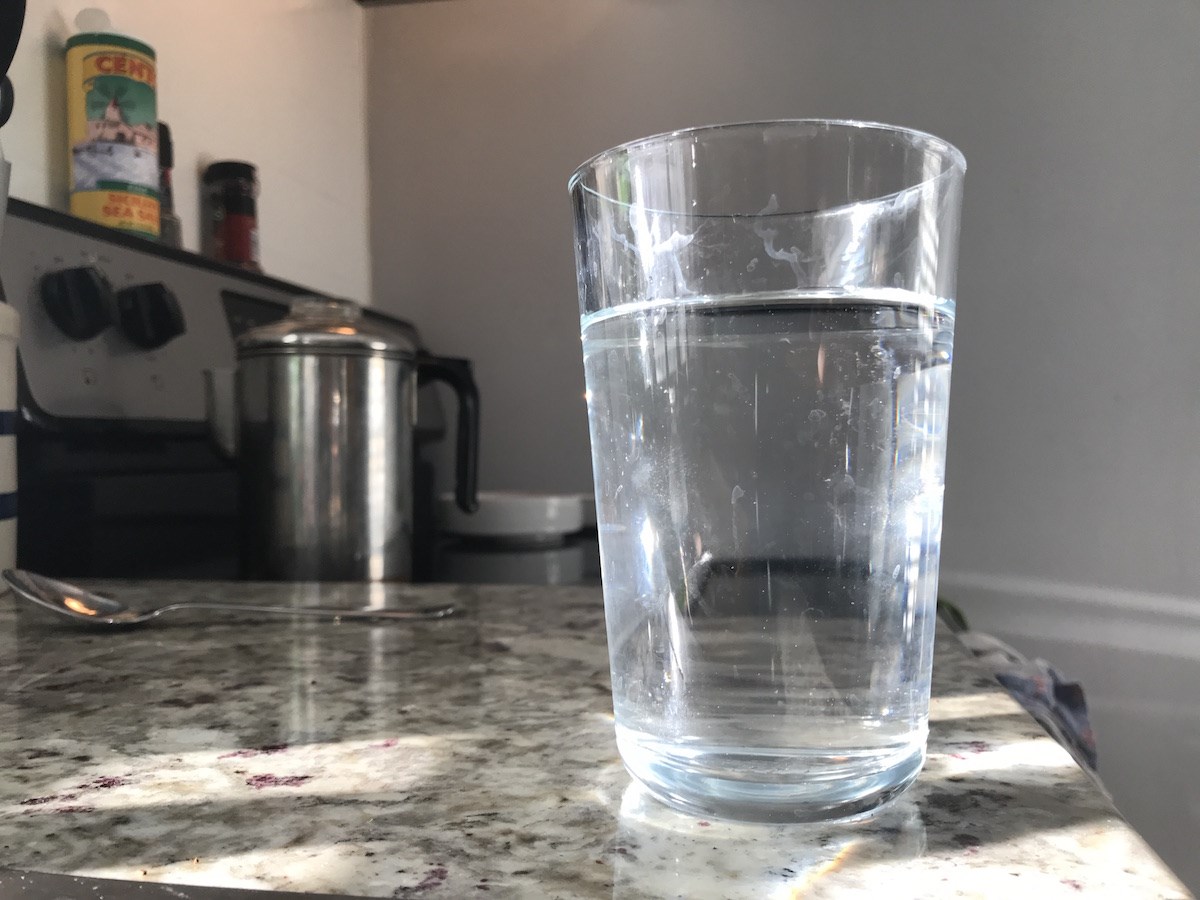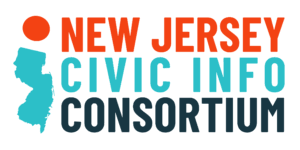Many residents in the Hopewell Valley area get their drinking water from private wells. It is therefore important for homeowners to have their wells tested by a certified laboratory to ensure the safety and quality of drinking water from potential contaminants. In addition, testing is mandatory through the NJ Private Well Testing Act (PWTA) during real estate transactions and every five years for rental properties.
How to Test?
Several certified laboratories for drinking water testing are located in Mercer County (see chart below). Additional certified laboratories can be found on the New Jersey Department of Environmental Protection website (link).
Lab Name Contact Name Contact Phone Number Municipality SADAT ASSOCIATES INC NICHOLAS MORGAN 609-826-9600 Ewing Twp PACE ANALYTICAL SERVICES, LLC –
EWINGSTEVE WITKOWSKI 609-737-3477 Ewing Twp NEW JERSEY DEPARTMENT OF
HEALTHZHIHUA (TINA) FAN 609-530-2803 Ewing Twp LECO LABORATORY DONALD B. LILLEY 609-245-8098 Hamilton Twp
What to Test?
Drinking water standards are developed by both Federal and State governments. Quality standards adopted into regulation are the minimum considered necessary for the maintenance of public health. The standards are set for biological contaminants, dissolved chemicals, and suspended particulate matter. These contaminants are naturally occurring, the result of industrial and/or domestic pollution, or both. A full list of regulated contaminants can be found here (link).
When to Test?
The New Jersey Department of Health recommends well testing as follows:
- Every year (at least): Total coliform, nitrates, and pH
- Every 5 years: Lead, VOCs, arsenic, manganese, and iron
- At least once: Mercury, gross alpha, and uranium
What are PFAS?
Per- and poly- fluoroalkyl substances, or PFAS, are a large family of thousands of manmade chemicals that have been used in industrial and commercial applications for over 70 years. PFAS, also known as “forever chemicals,” repel water and oil and are resistant to heat and chemical reactions.
Ongoing research confirms that these chemicals, which are long-lasting in the environment and accumulate in the human body over many years, can present health concerns over time. Since human health effects are associated with even low-level exposures to PFOA and PFOS, it is important to minimize exposure from drinking water.
What Should I Do if Contaminants are Found in My Well Water?
According to the New Jersey Department of Health, if contaminants are found, you may want to retest your well water to make sure that the first sample was collected and analyzed properly. If contaminants are found above federal and state public drinking water standards, you should take steps to reduce contaminant levels in your well water.
Corrective actions should be selected based on the contaminants of concern and the source of contamination. Some actions are intended for short-term use while others are permanent or long-term solutions.
- Install a home water treatment device
- Install a new and/or deeper well
- Repair and/or maintain your septic system
- Connect to a nearby public water supply
Where Can I Learn About Water Treatment?
Effective treatment devices will reduce contaminant levels in your drinking water. Both point-of-entry (POE, whole-house) treatment systems and point-of-use (POU, single-tap devices) are available. These devices will vary depending on your water quality and the contaminant detected in your water. Local water treatment companies may be a good resource. There are no State regulations for water treatment professionals in New Jersey. You should get quotes and information from several companies.
- Water treatment financing (no interest loan up to $10,000) from the NJ Housing and Mortgage Finance Agency’s Potable Water Loan Program is available for water exceeding primary drinking water standards.
- Contamination due to pollution may be eligible for assistance from the NJ Department of Environmental Protections’ Spill Fund.
- Hopewell Township Water Quality page
This information was provided by Hopewell Township.








